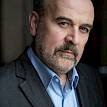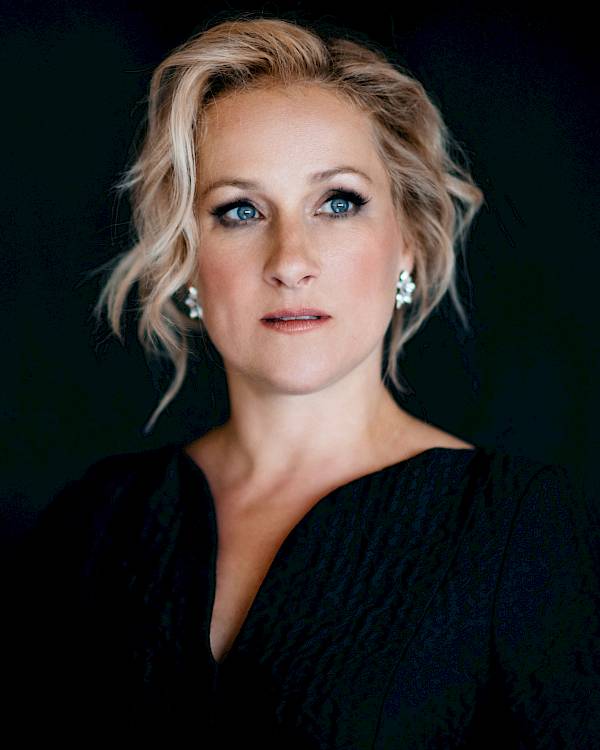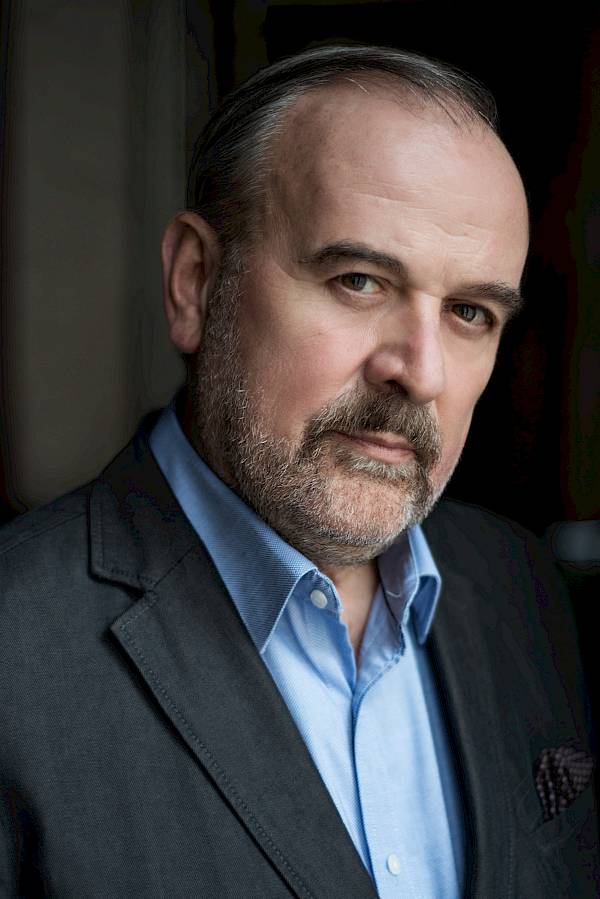Diana Damrau is a regular guest on the stages of the world’s leading opera and concert houses. Her extensive repertoire lies in the lyric and coloratura fach and includes, among others, the title roles in Donizetti’s "Lucia di Lammermoor," Massenet’s "Manon," as well as the Queen of the Night in Mozart’s "The Magic Flute." She regularly performs at the most prestigious venues such as the Bavarian State Opera, the Metropolitan Opera in New York, and La Scala in Milan. Roles were specially composed for her in the operas "A Harlot’s Progress" by Iain Bell (Theater an der Wien, 2013) and "1984" by Lorin Maazel (Royal Opera House, 2005). As an exclusive artist with Warner Classics/Erato, Diana Damrau has released numerous award-winning CD and DVD recordings. As a lieder interpreter, she regularly performs in renowned concert halls such as London’s Wigmore Hall, New York’s Carnegie Hall, and the Berlin Philharmonie. She shares a close artistic partnership with pianist Helmut Deutsch and tenor Jonas Kaufmann, with whom she presented a successful lieder recital tour for the third time in spring and summer 2025, including at the Festival d’Aix-en-Provence and the Salzburg Festival. On the opera stage, she recently sang roles including the Marschallin ("Der Rosenkavalier") at the Staatsoper Unter den Linden in Berlin. Diana Damrau is a Kammersängerin of the Bavarian State Opera, recipient of the Bavarian Maximilian Order for Science and Art, and the Federal Cross of Merit of the Federal Republic of Germany. Since autumn 2024, she has been teaching as a principal voice professor at the Zurich University of the Arts.
19. March 2018
Songs by Hugo Wolf and Richard Strauss
Before appearing as Donizettis Maria Stuarda on the stage of the Zurich Opera House in April, Diana Damrau will be performing in a song recital. Together with the pianist Helmut Deutsch she devotes herself to the Italian song book/Italienisches Liederbuch by Hugo Wolf in the first part of her program. In these charming, often ambiguous miniatures, Wolf succeeds in capturing the message of the text musically with the utmost precision - regardless of whether it is about an enthusiastically exuberant declaration of love or a small, well-placed malice. The second part is dedicated to compositions by Richard Strauss. The Four Last Songs/Vier letzten Lieder, seldom accompanied by the piano, are a rarity.






